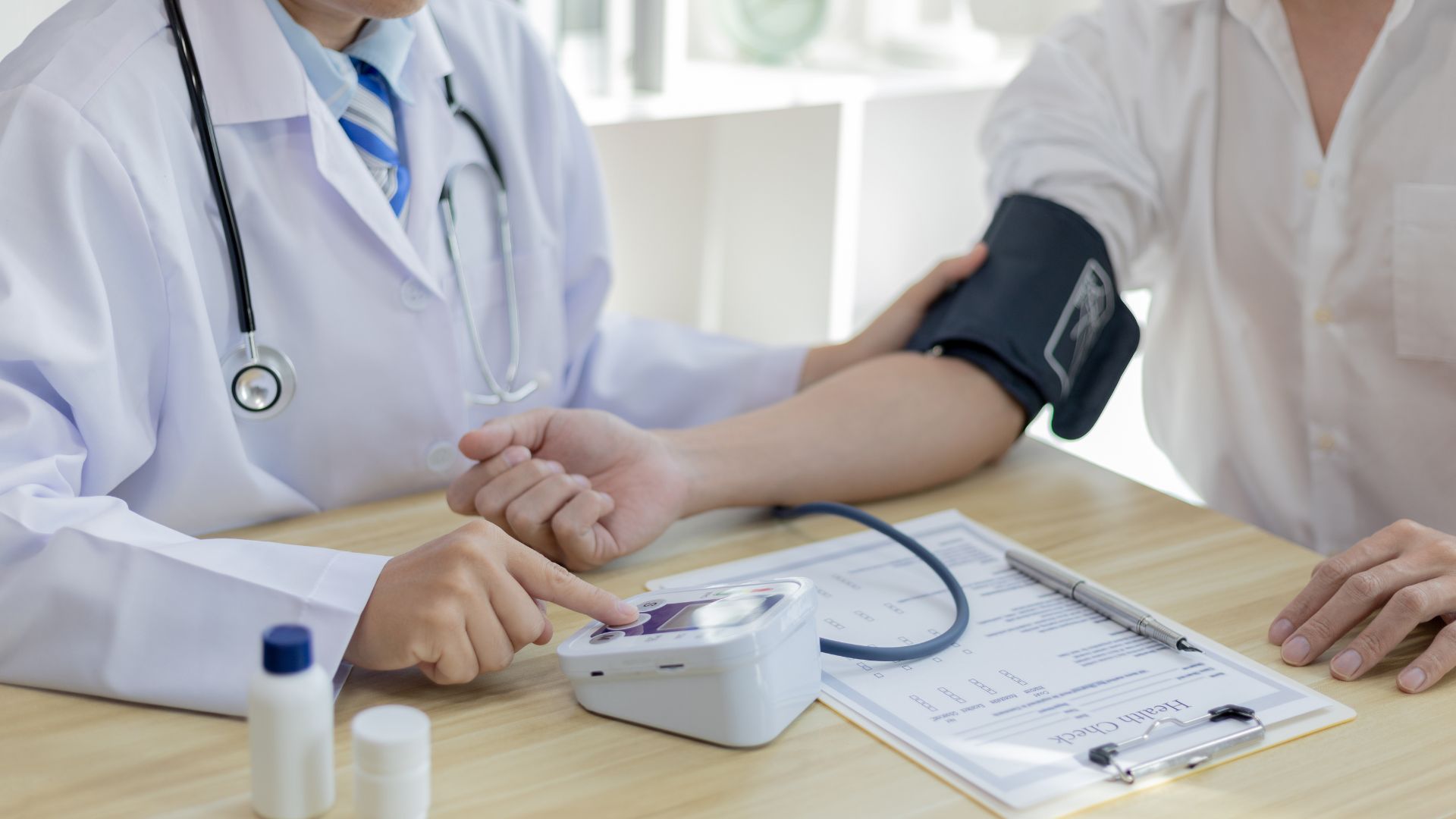The prostate gland is a part of the male reproductive system and performs several important functions that impact overall male health. This gland is located below the bladder and surrounds the urethra, playing a key role in urination and ejaculation.
The primary functions of the prostate gland include:
- Producing the liquid portion of semen, which aids in the movement and protection of sperm.
- Producing specific proteins and enzymes necessary for ejaculation.
- Controlling urination by contracting muscles around the urethra during ejaculation.
Common Prostate Problems
Benign Prostatic Hyperplasia (BPH)
Benign prostatic hyperplasia (BPH) is the most common prostate condition in men over 50. It is characterized by the enlargement of the prostate due to cell proliferation, which can compress the urethra and make urination difficult. Causes of BPH include hormonal changes, aging, and genetic factors. Symptoms may include frequent urination, nighttime urination, a weak urine stream, and the sensation of incomplete bladder emptying.
Diagnosis of BPH may require a digital rectal exam (DRE) and an ultrasound of the prostate. Treatment depends on the severity of symptoms and may include observation, lifestyle changes, medication, or surgery in extreme cases.
Prostate Cancer
Prostate cancer is the second most common form of cancer in men after skin cancer. The risk of developing prostate cancer increases significantly with age. Regular screening, including prostate-specific antigen (PSA) testing and rectal exams, helps detect early signs of prostate cancer. This enables early treatment, which is most effective during the initial stages when the chances of a complete cure are highest.
Modern treatments for prostate cancer include active surveillance, surgical removal of the prostate, radiotherapy, chemotherapy, and hormone therapy, chosen based on the stage and characteristics of the cancer.
Preventing Prostate Diseases
Diet and Lifestyle
Prostate health is closely linked to lifestyle and diet. Proper nutrition and an active lifestyle play crucial roles in preventing prostate diseases.
Men should include foods rich in antioxidants, vitamins, and minerals in their diet. Vegetables (such as broccoli, cauliflower, carrots), fruits (berries, citrus fruits), nuts, and seeds are particularly beneficial for overall health and protection against oxidative stress.
It is advisable to limit the intake of saturated fats, which can contribute to inflammation in the body. This includes fatty meats and dairy products. Instead, opt for healthy fats, such as unsaturated fats found in fish, avocados, olive oil, and nuts.
Physical activity also plays a significant role in maintaining overall health and preventing prostate diseases. Regular moderate exercise helps reduce overall inflammation in the body and improves blood circulation in the pelvic area, which positively impacts the prostate gland.
Weight management is also crucial. Excess weight is associated with an increased risk of developing benign prostatic hyperplasia and cancer. Maintaining a healthy weight through balanced nutrition and physical activity helps reduce the strain on the prostate and lowers the risk of problems.
Adhering to dietary and lifestyle recommendations helps maintain prostate health throughout a man’s life. Regular consumption of antioxidants and unsaturated fats, combined with moderate physical activity and weight control, forms the foundation for preventing many diseases, including prostate diseases.
Regular Medical Check-ups
Medical check-ups include screening tests and preventive examinations aimed at early detection of potential problems. Regular visits to the doctor help identify changes in the prostate early on, including enlargement (benign hyperplasia) or tumors (cancer). Early detection of these conditions significantly increases the chances of successful treatment and improves disease prognosis.
Recommendations for the frequency of check-ups may vary based on age and risk factors specific to each patient. Generally, men should begin regular prostate examinations starting at age 50. For men at higher risk (e.g., a family history of prostate cancer), screening may be recommended at a younger age.
The primary methods for screening prostate cancer are digital rectal exams (DRE) and PSA blood tests. DRE allows the doctor to assess the size and shape of the prostate, and to detect any lumps or unusual formations. PSA testing can indicate changes that require further examination.
Medical check-ups include taking a medical history, a general physical examination including DRE, and additional laboratory tests (e.g., PSA analysis). The doctor may also recommend an ultrasound or biopsy if cancer is suspected.
Stress and Its Impact on Prostate Health
Stress causes physiological changes in the body, including alterations in immune system function and hormonal balance, which can negatively impact the prostate. Stress can exacerbate inflammation and disrupt cell growth regulation, which are risk factors for developing conditions such as prostate cancer.
Caring for emotional health is an integral part of maintaining overall prostate health in men. Regular physical exercise or meditation can significantly help manage psychological stress, which can negatively affect not only prostate health but also overall well-being. It’s important to understand that taking care of the prostate involves both physical aspects and emotional well-being.
Maintaining prostate health through a balanced diet, healthy biorythms, and care for gut microbiota can significantly improve hormonal health. Consulting a doctor is a crucial step towards achieving bodily harmony.








